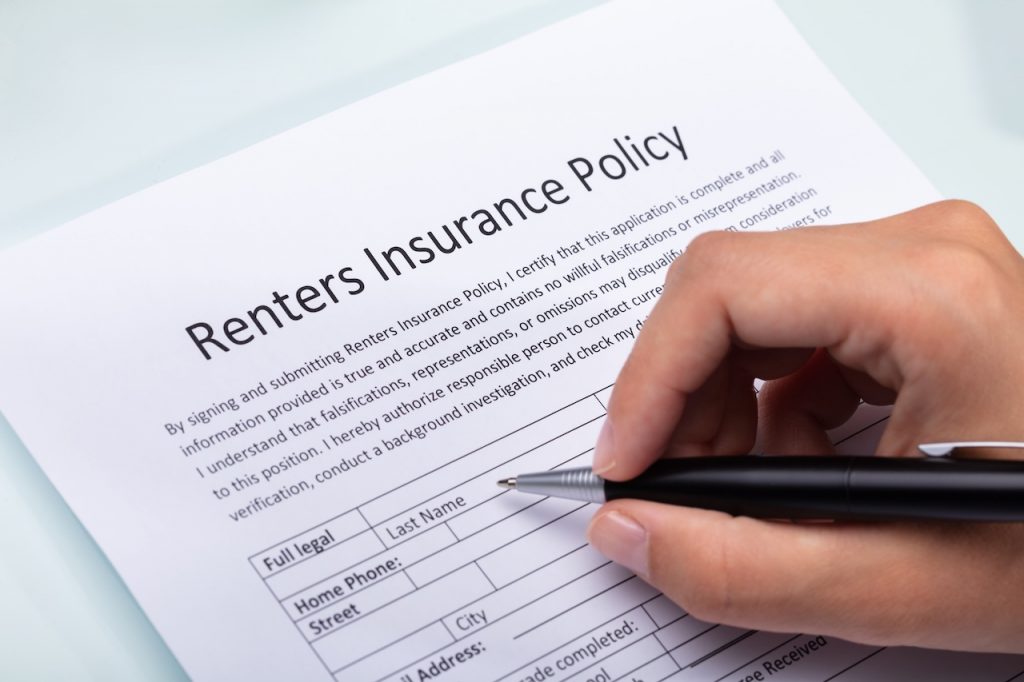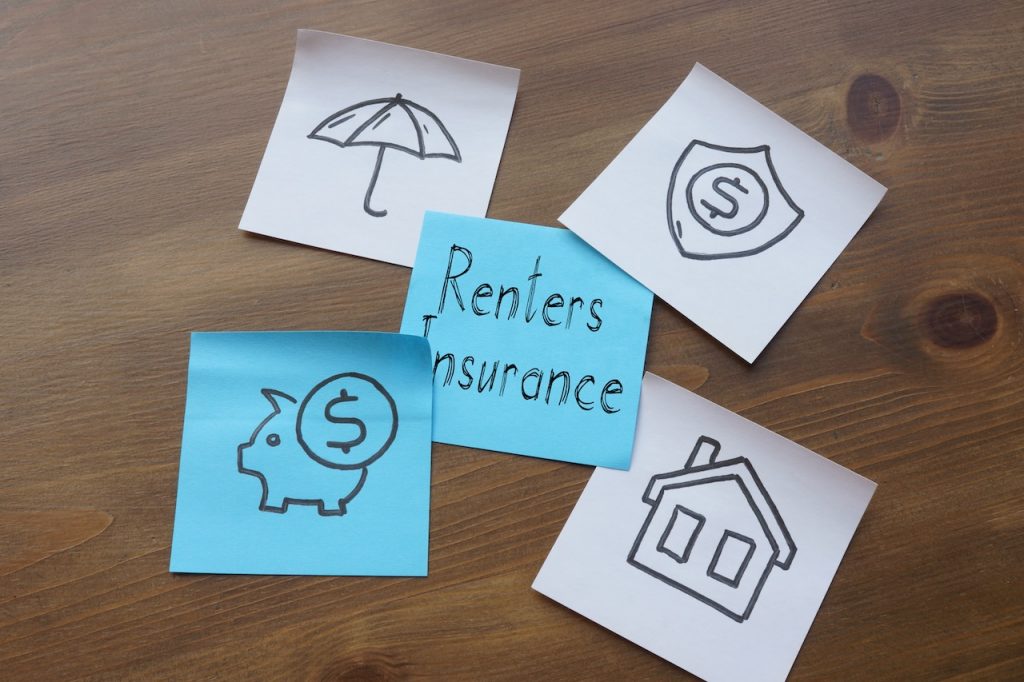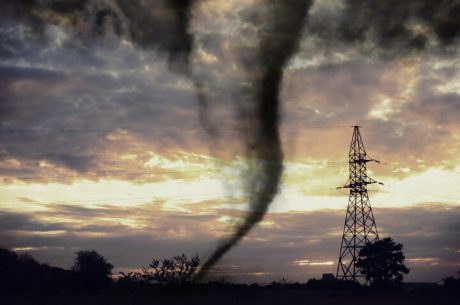For Virginia renters, understanding what their insurance covers in the event of fire damage is essential. Does renters insurance cover fire damage? Typically, it does—but with specific limitations and requirements. This coverage can vary between providers, making it crucial to review policy details before a fire emergency occurs. In this guide, we’ll review key features of fire damage coverage, outline steps for filing a claim, and discuss tenant rights in Virginia.
Key Features of Fire Damage Coverage in Renters Insurance

Be sure to check with your provider about your coverage specifics, as different policies will have varying degrees of coverage.
Regarding renters insurance, fire damage is generally covered under personal property protection. This part of the policy covers the cost of replacing or repairing belongings damaged by fire, smoke, or heat. Many renters insurance policies in Virginia also include coverage for loss of use, which covers temporary housing and living expenses if the property becomes uninhabitable.
- Personal Property Protection: This covers the replacement or repair of belongings lost in a fire, such as electronics, clothing, and furniture.
- Loss of Use: If a fire renders your residence unlivable, the loss of use provision can help cover temporary housing, food, and other living expenses.
- Liability Protection: If the fire accidentally started in your unit and spread to other units, liability protection can help cover associated damages or injuries.
Policies differ in coverage limits, so check with your insurance provider to understand specific coverage amounts. For guidance on fire damage safety, the National Fire Protection Association (NFPA) is an excellent resource on fire prevention and safety regulations.
How to File a Fire Damage Claim
Filing a claim after fire damage can be a detailed process, but acting quickly and documenting everything helps ensure success.

Documenting the damage is a crucial first step and should be done in great detail.
- Document the Damage: After ensuring everyone’s safety, photograph and document all fire-damaged belongings. This documentation is crucial for supporting your claim and expediting the approval process.
- Contact Your Insurance Provider: Notify your renter’s insurance provider immediately. Many companies have a 24/7 claims hotline or online portal for quick claim initiation.
- Provide Proof of Value: Provide receipts or other proof of value for more expensive items. This step is instrumental for more significant claims, such as furniture or electronics.
- Follow Up Regularly: Insurance claims take time, and regular communication with your insurance adjuster can help you stay informed about the status of your claim.
In Virginia, tenants have the right to investigate their claims thoroughly, and insurers must follow state regulations to ensure timely processing.
Comparing Renters Insurance Providers

Insurance plans are personal, and you should carefully assess what coverage will suit you best when picking a plan.
When comparing renters insurance providers in Virginia, it’s essential to look at policy details beyond monthly premiums. Here are some key factors to consider:
- Coverage Limits: Check the maximum amount the policy will cover for fire damage to personal belongings and additional living expenses. Coverage limits differ widely between providers and can impact your financial recovery after a fire.
- Deductibles: A deductible is the out-of-pocket amount before your coverage kicks in. Higher deductibles often result in lower premiums but ensure the deductible is affordable in case of a claim.
- Reimbursement Type: Some policies offer actual cash value (ACV), while others offer replacement cost value (RCV). ACV policies reimburse based on the current value of your items, while RCV provides funds for replacement with similar new items.
By carefully reviewing these features, you can select a policy that balances coverage and affordability, providing peace of mind during fire damage.
Virginia’s Tenant Rights and State Regulations on Fire Damage
Virginia has specific regulations in place to protect renters’ rights. Here are some of the most important regulations for tenants to keep in mind regarding fire damage and renters insurance:
- The Virginia Residential Landlord and Tenant Act (VRLTA): requires landlords to maintain a habitable environment and addresses tenant rights related to property damage from natural disasters or accidents like fire. If a fire leaves a unit uninhabitable, tenants are generally released from their rental obligations, with the right to reclaim deposits.
- Fair Claim Handling Practices: Under Virginia state law, insurers must investigate and settle claims promptly. If a tenant’s insurer does not respond in a timely manner, the Virginia Bureau of Insurance can be contacted to intervene on behalf of the tenant.
- Right to Cancel and Transfer Policies: If fire damage results in relocation, tenants in Virginia have the right to transfer their renter’s insurance policy or cancel it without penalty.
Understanding these protections is essential, as they can help renters advocate for themselves throughout the insurance and claim processes.
Fire Damage Recovery Experts in Sterling
If you’ve experienced fire damage, PuroClean of Sterling is here to help. We specialize in restoring properties after fires, using industry-leading techniques to manage smoke and fire damage. For more information on our fire damage restoration services, visit PuroClean of Sterling or call (703) 579-8912. Let our experts support you in the recovery process today.




 PuroClean Emergency Restoration Services
PuroClean Emergency Restoration Services